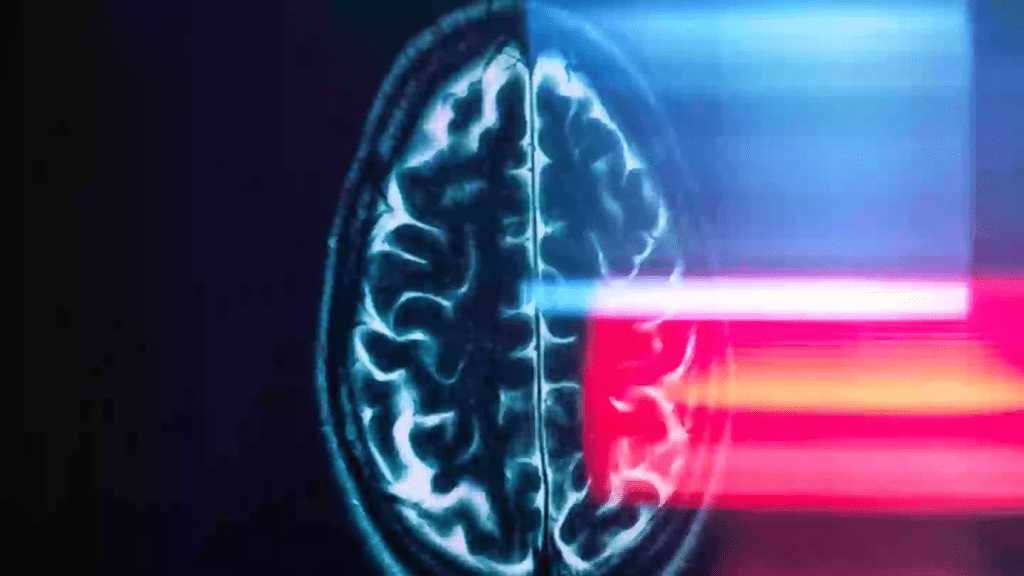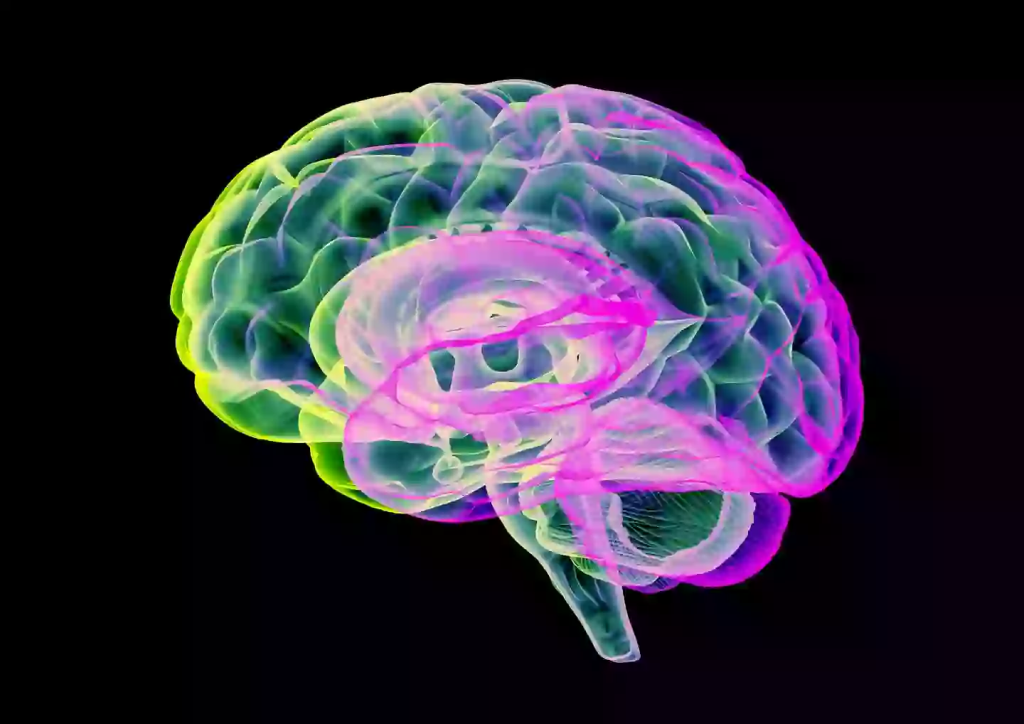Dementia is a condition that affects millions of people worldwide, yet many of its early signs go unnoticed. While memory loss is one of the most commonly recognized symptoms, neurologists warn that subtle cognitive changes can appear long before severe memory issues develop.
One unexpected early symptom? Difficulty following the storyline of a TV show.
According to neurologist Dr. Tim Rittman, early dementia can be hard to distinguish from other conditions. However, struggling to keep up with a television series, losing track of the plot, or repeatedly asking what just happened may indicate early cognitive decline.
Let’s explore how dementia affects brain function, why TV-watching difficulties can be an early red flag, and what steps to take if you notice these signs in yourself or a loved one.
Understanding Dementia: More Than Just Memory Loss

Dementia is not a single disease but a syndrome that affects brain function. It leads to progressive cognitive decline, impacting memory, thinking, speech, and even behavior.
With over 944,000 people in the UK diagnosed and one in 11 people over 65 affected, dementia is a growing concern. The most common form is Alzheimer’s disease, but other types, including vascular dementia, Lewy body dementia, and frontotemporal dementia, can also impact different areas of cognition.
Many people associate dementia only with memory loss, but it can also affect mood, movement, and even the ability to understand language or make decisions.
Common Early Symptoms of Dementia
According to the NHS, early signs of dementia can include:
- Memory loss (especially forgetting recent events or repeating questions)
- Reduced thinking speed and mental sharpness
- Difficulty with language (using words incorrectly or struggling to follow conversations)
- Problems with judgment and decision-making
- Changes in mood or behavior
- Loss of concentration, even during simple tasks
One lesser-known but significant early warning sign is difficulty following a TV show or movie storyline.
Why TV-Watching Difficulties Can Indicate Dementia
For many people, watching television is a relaxing and passive activity. However, keeping track of a complex storyline requires memory, focus, and comprehension skills—all of which can be affected in the early stages of dementia.
How Dementia Disrupts the Ability to Follow TV Shows
According to Dr. Tim Rittman, cognitive difficulties can become noticeable when someone is watching television.
- They may lose track of the plot, even in a simple show.
- They might forget character names or struggle to recognize familiar faces.
- They may ask the same questions repeatedly about what’s happening in the show.
- They may become frustrated or disinterested because they can’t follow along.
This is because dementia affects short-term memory, processing speed, and the brain’s ability to retain information over time.
For example, a person watching a crime drama may struggle to remember clues from earlier scenes, making it difficult to follow the story. Similarly, they may forget details between episodes of a TV series, leading to repeated confusion.
The Science Behind Cognitive Decline and Attention Span

Early dementia affects the hippocampus—the area of the brain responsible for forming new memories. It also disrupts the frontal lobe, which is crucial for focus, problem-solving, and decision-making.
This is why concentrating on long-form content (such as an hour-long TV episode) becomes increasingly difficult for individuals in the early stages of dementia.
A person may feel overwhelmed by too many characters, complex dialogue, or shifting timelines, leading them to withdraw from watching TV altogether.
Why Recognizing Early Symptoms is Crucial
Dr. Rittman emphasizes that catching dementia early can make a significant difference in how individuals manage the condition.
Early diagnosis allows:
- Better planning for future care and treatment options
- Access to memory clinics and support services
- Opportunities to participate in clinical research trials
- Lifestyle changes that may slow cognitive decline
By recognizing the early signs, families can seek medical advice before symptoms worsen, ensuring the best possible quality of life for their loved ones.
Other Subtle Early Signs to Watch For
In addition to TV-watching struggles, early dementia can also cause:

1. Repeating the Same Questions
Someone may ask for the same information multiple times within a short period, forgetting that they already received an answer.
2. Losing Track of Conversations
People may struggle to follow discussions, even with familiar topics, and may frequently pause or hesitate mid-sentence.
3. Difficulty Handling Finances
Simple tasks like paying bills, managing bank accounts, or making correct change may become confusing.
4. Forgetting Commonly Used Words
People might replace everyday words with unusual ones or pause frequently while searching for words.
5. Mood Changes and Increased Anxiety
Dementia often causes unexplained mood swings, anxiety, or even withdrawal from social activities.
Steps to Take if You Notice These Signs
If you or someone you love is experiencing difficulties with memory, focus, or following TV shows, here’s what you can do:
1. Keep a Symptom Journal
Write down when and how often memory lapses or attention problems occur. Tracking patterns can help doctors assess whether symptoms are progressing.
2. Talk to a Doctor
Early symptoms can sometimes mimic other conditions, such as depression, vitamin deficiencies, or medication side effects. A doctor can perform cognitive tests and, if necessary, refer the individual to a memory clinic for further evaluation.
3. Encourage Brain-Boosting Activities

While there’s no cure for dementia, staying mentally and physically active can help slow cognitive decline. Activities such as puzzles, reading, music therapy, and social interaction can keep the brain engaged.
4. Maintain a Healthy Lifestyle
Studies suggest that a healthy diet, regular exercise, and quality sleep play a role in brain health. The Mediterranean diet, rich in omega-3s, antioxidants, and healthy fats, has been linked to better cognitive function.
Conclusion: Awareness is the First Step Toward Prevention
Dementia is a complex and progressive condition, but recognizing early warning signs—such as struggling to follow TV shows—can help individuals seek medical attention sooner.
While memory loss is often the first symptom people think of, other subtle cognitive changes can indicate early-stage dementia. Paying attention to small behavioral shifts, such as difficulty keeping up with conversations or losing focus on daily tasks, can be critical in catching dementia in its earliest stages.
If you notice any of these warning signs in yourself or a loved one, don’t ignore them—early intervention can make all the difference. Seeking professional advice and making lifestyle changes can help maintain a better quality of life for as long as possible.


